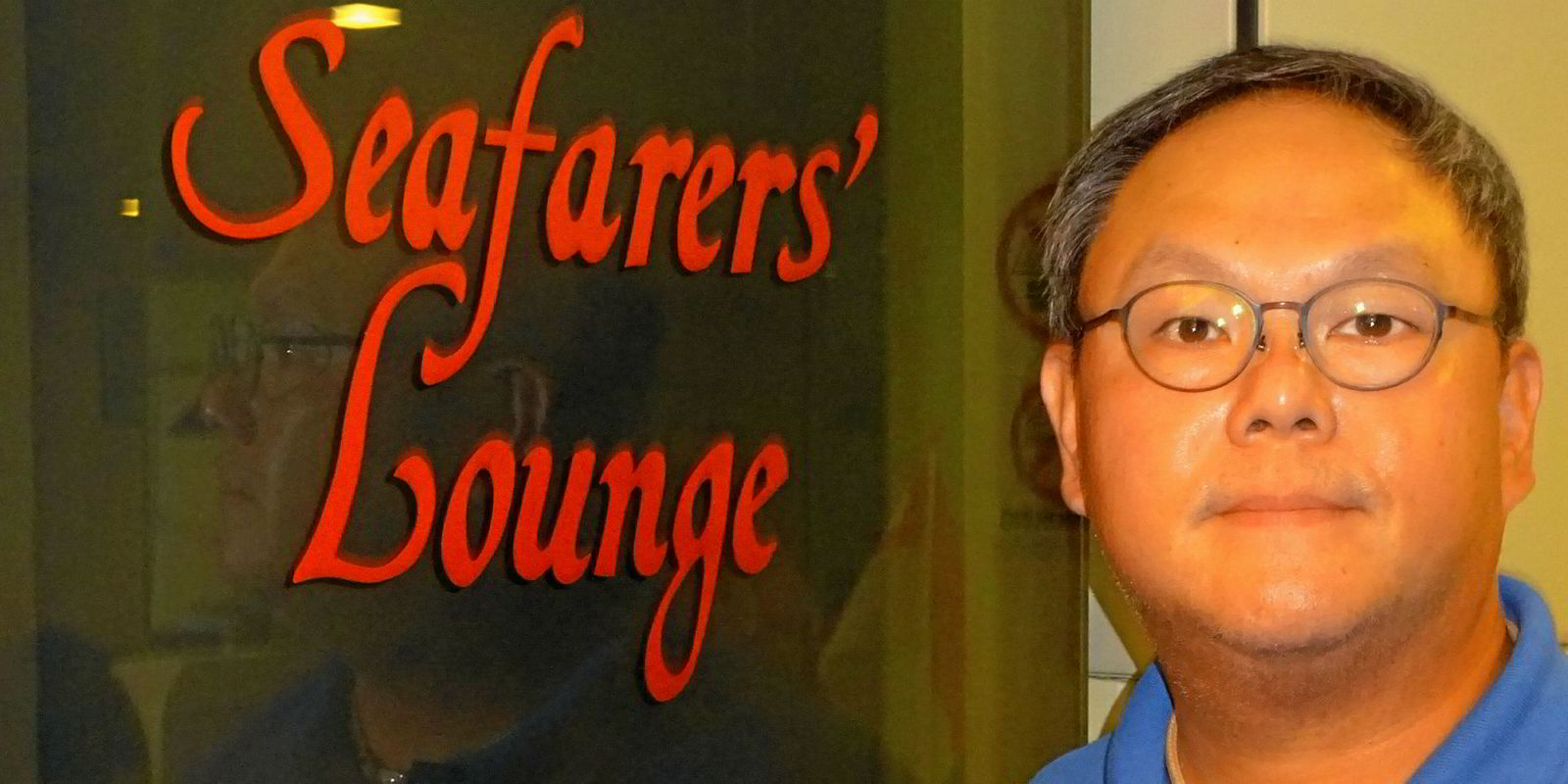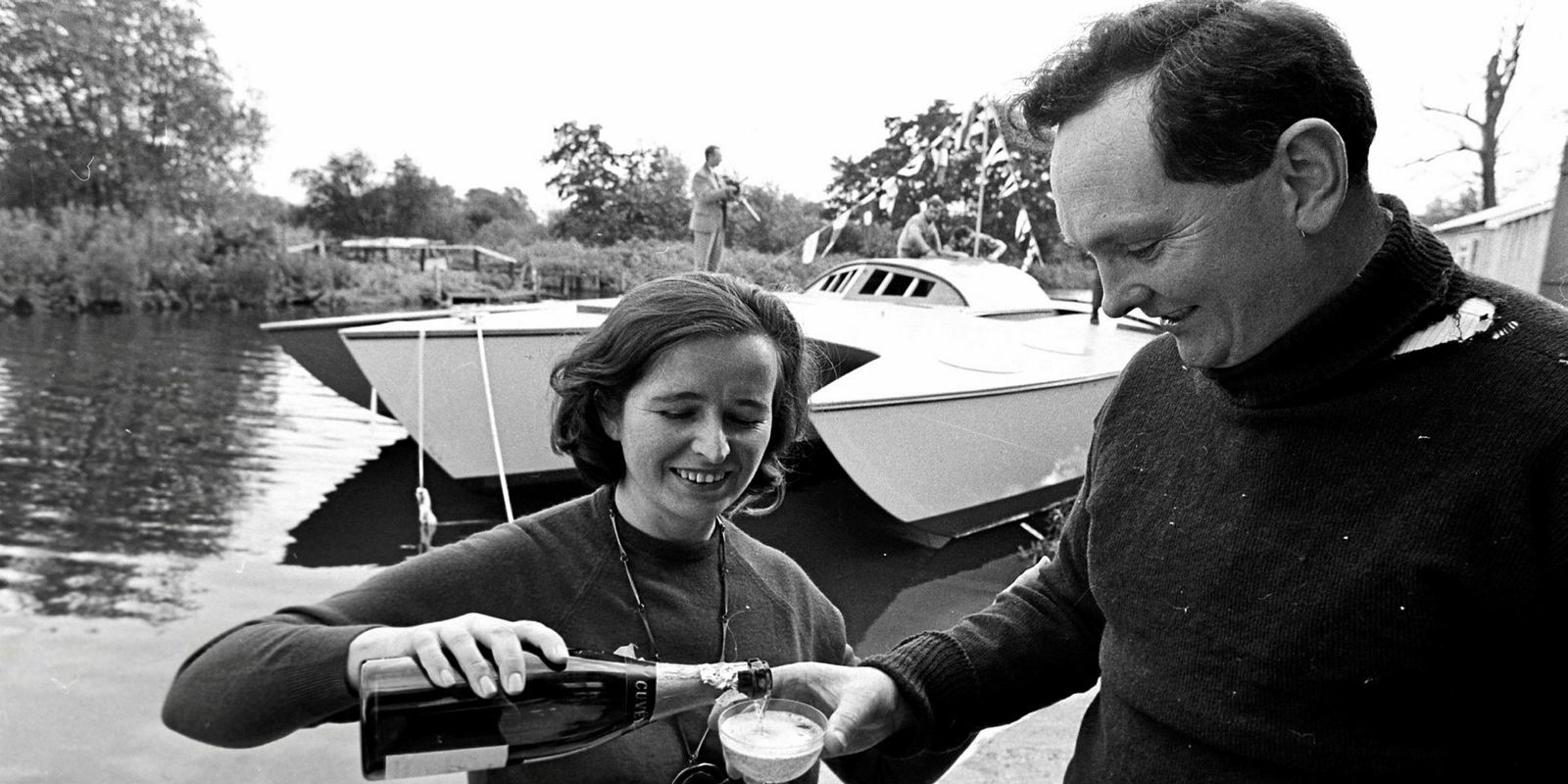David See is many things — IT expert, communications guru, personal shopper, consumer-rights activist, bus driver. But most importantly, he is a listener.
In essence, See is a one-man army who has spent the past 20 years attending to the welfare needs of thousands of seafarers in and around Singapore.
For the past three years he has been the Sailors’ Society port chaplain in Singapore — one of an expanding network across the region in a year in which the UK-based charity marks its 200th anniversary.
Many of the issues faced by seafarers whom the charity supported in its fledgling years are the same today, but the tools chaplains use to tackle them have changed dramatically, and See says there is no such thing as a typical day for him. “My phone is never off. I am on standby 24 hours a day.”
His morning usually starts with routine ship calls at the Singapore terminals, checking on the welfare of seafarers, some of whom he has got to know through their regular calls at one of Asia’s busiest ports.
But occasionally he gets that late-night or early-morning phone call: a crew member has been injured, or another feels he has been cheated out of his correct pay.
Sometimes alcohol has played a part in these incidents, or inflames the situation, and See often has to use the tact and guile built up over those past two decades to defuse the situation.
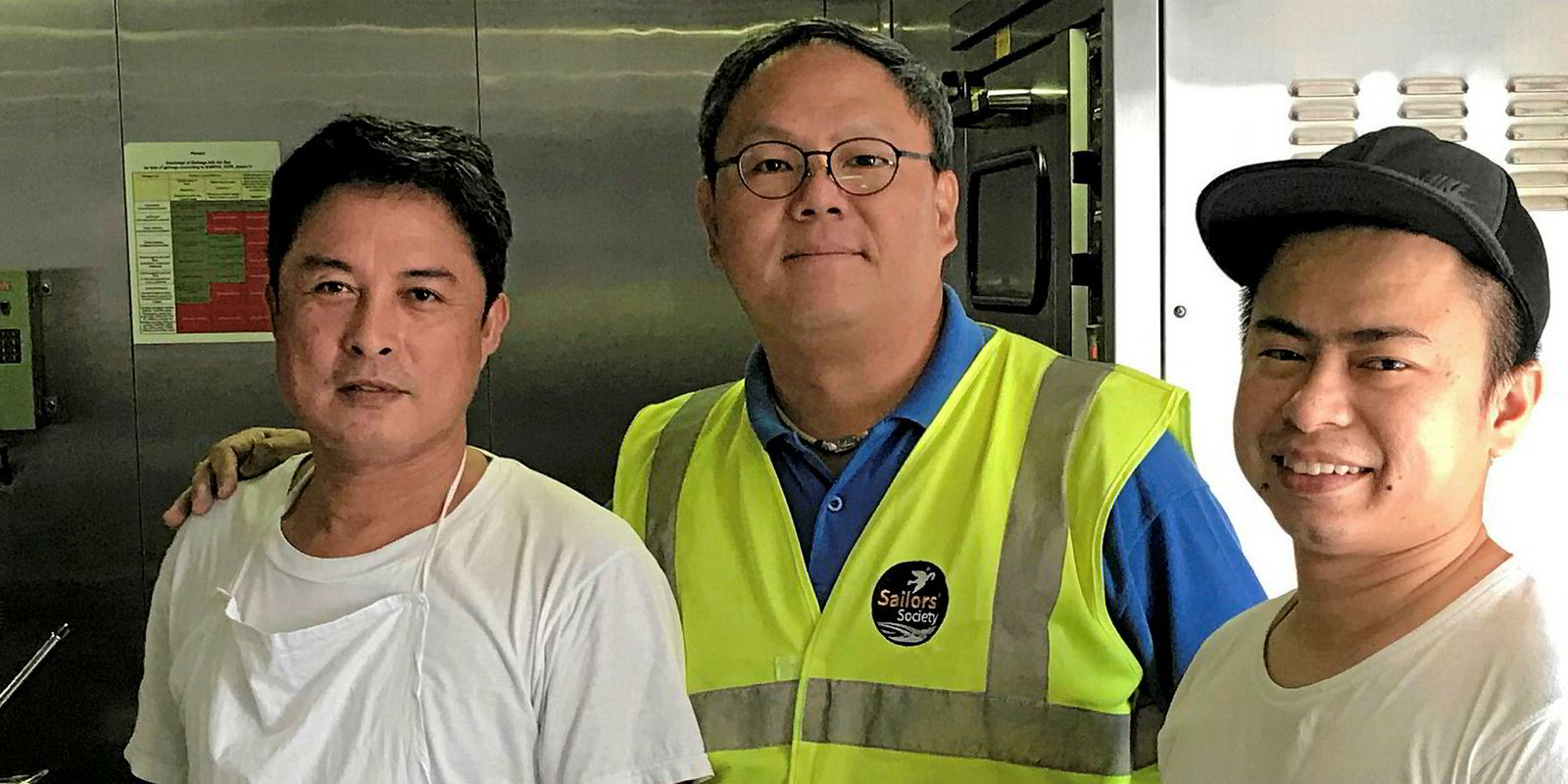
As a chaplain there is also a spiritual aspect to his work.
“Our background is that we are a Christian organisation. But we give them genuine help regardless of race, language or religion. As long as there are seafarers that need help, we are there,” he says.
“But among seafarers there are some who have faith. I am a chaplain, so I conduct prayer onboard ships sometimes when it’s Christmas or when the crew don’t have the luxury of time to go ashore to church.”
As well as seafarers, he is often called on to provide spiritual support for grieving relatives.
A recent casualty off Singapore involved the loss of three seafarers, whose bodies were never recovered.
“The family needed some closure and I was asked to conduct a funeral service,” See says. “I could see in the eyes of the family that this is it. It was very emotional.
“I believe that every man is emotional, every being is emotional. If I am not emotionally moved, then I wouldn’t want to do this.
“But when I am doing it I have to be strong. I have to feel what they are going through and try to understand that. But at that point of time I need to give them the support.
“If I am not strong at that point and can’t control myself, it doesn’t do them any good. So I have to hold back my tears. I have to hold back whatever I feel.”
So what keeps this affable Singaporean going in the face of such a constant stream of hard-luck stories and suffering?
Two factors are key to him wanting to continue to offer practical, emotional and spiritual support.
“One is that I see the need of seafarers, and I know that I can do something for them with my local knowledge.
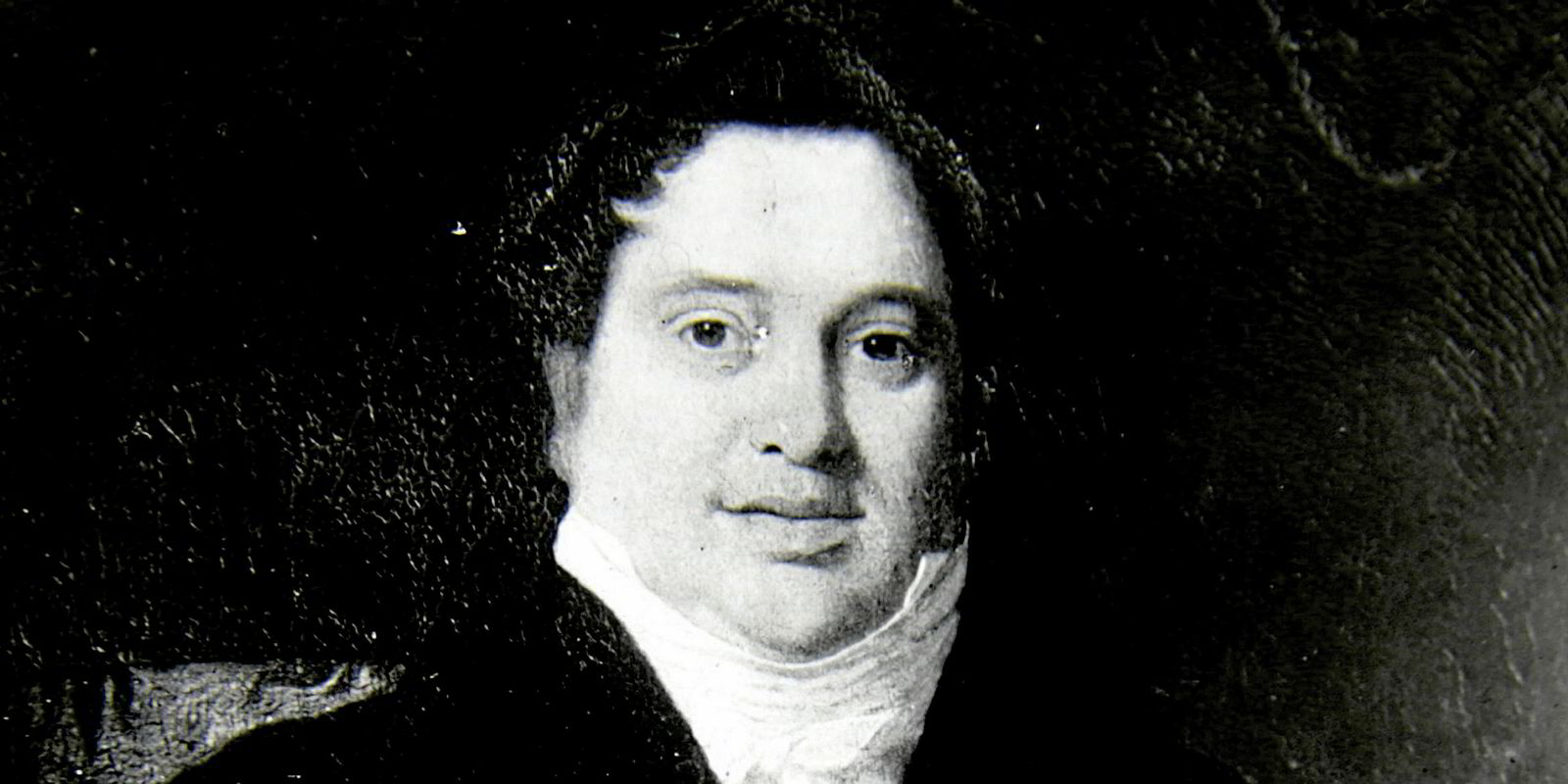
“Sometimes I am angry when seafarers get cheated. I had several cases in Chinatown where seafarers tried to buy phones or electronics and they found out subsequently that they were no good.
“So I go back to the shop and explain to the shopkeeper that he can’t cheat these people, it’s just not fair, and I say he needs to refund them. But the shopkeeper says there is no refund.
“I say, ‘Fine. It has been proved that this item you sold is not working, so I am going to complain to the authorities that this shop is cheating all the tourists’.”
The shop owner quickly changed his mind and refunded the money.
Secondly, See says Singapore has benefited a lot from the contribution made by hard-working seafarers, “So I feel I owe it to them. I would like to do what is within my limit to help them.”
Things have changed a lot with regards to seafarer welfare since he started. “When I visited my first ship in Jurong Port, I still remember seafarers asking for postcards. After that, they would be asking if I could help them to mail their postcard.”
Things began to change with the emergence of phone cards and email.
“When the first seafarers’ centre was set up in Jurong Port, we provided free wi-fi and a webcam for those more technically savvy crew members,” he says.
“I still remember there was one Russian guy who came in requesting to use the computer and we turned on the webcam. After a while he became very quiet and started crying, and I asked him why. He said that he had seen his newborn baby for the first time.”
Things have improved greatly in terms of welfare, and part of that has again been due to technology.
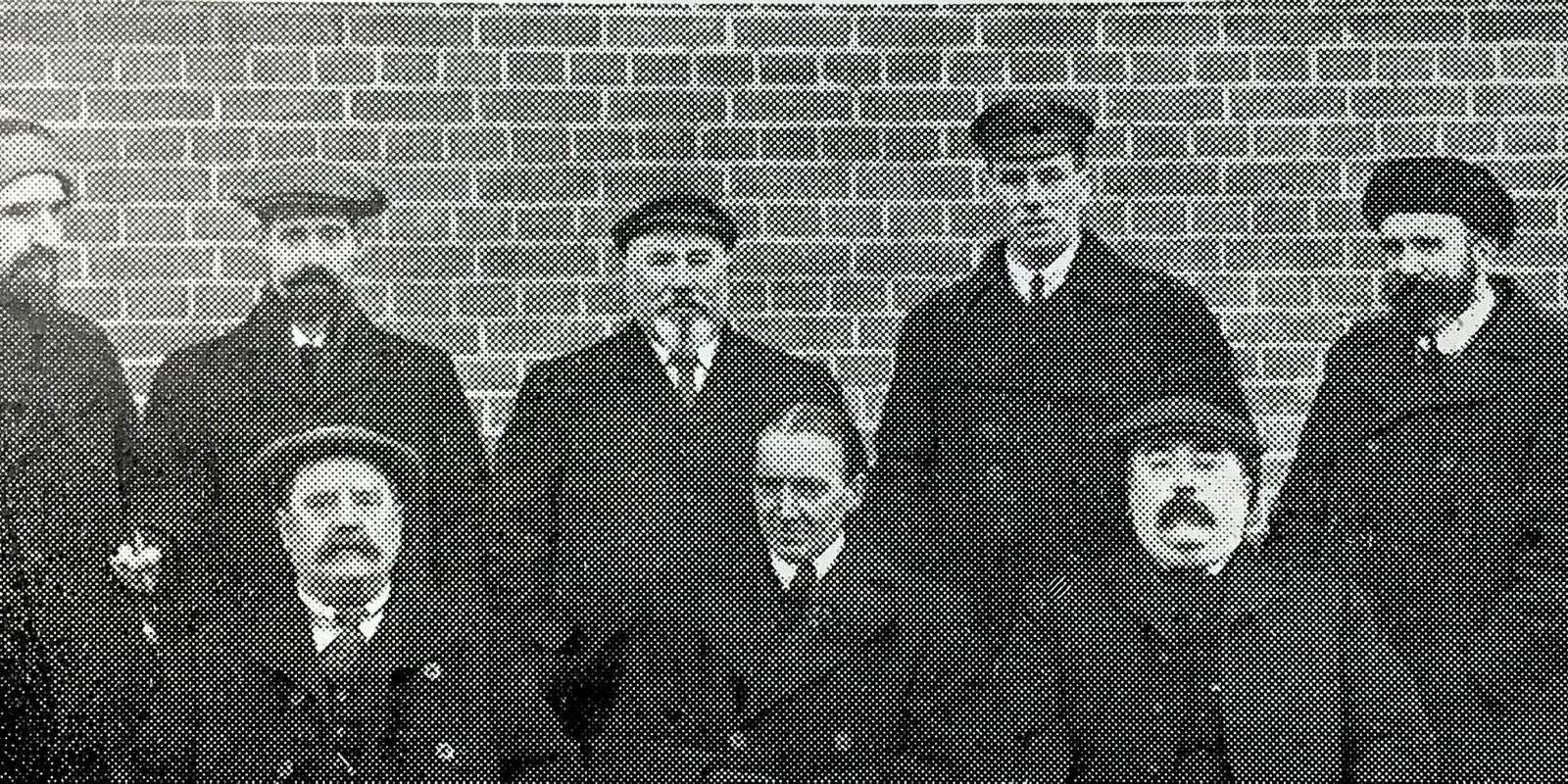
“I haven’t had to mail a postcard for a seafarer in years,” he jokes. “They are either on WhatsApp or other social media now.
“In the past, seafarers had to queue up at the telephone booth. But today I think almost 90% of the ship’s crew have a mobile phone or a laptop.”
Despite these improvements, seafarers still face loneliness and isolation.
See says the increasing efficiency of ports is a contributing factor as turnaround times have become shorter and shorter.
“When a ship comes in, they are so busy with so many things that they only have one or two hours to go ashore, before the ship is sailing again. So sometimes the isolation gap is still there, the loneliness is still there, and that is one of the areas we are looking into.”
See adds that the suicide rate among seafarers is among the highest of any industry, and this is often because of the loneliness. “So we need to have more people like chaplains to be around to listen to seafarers and support them.”
